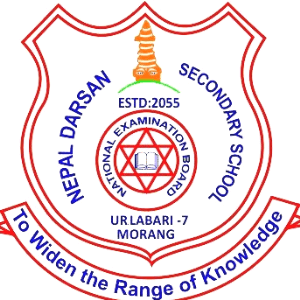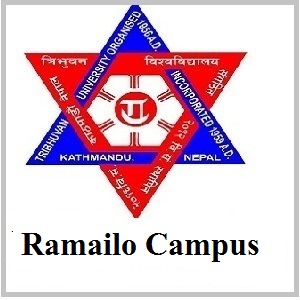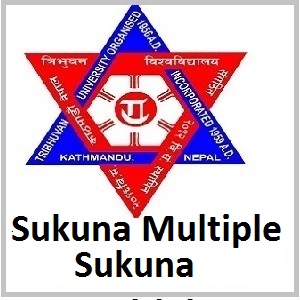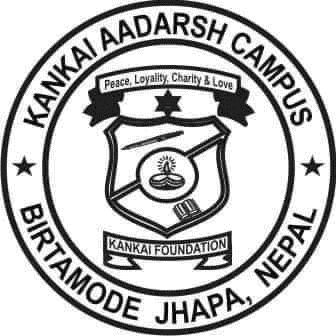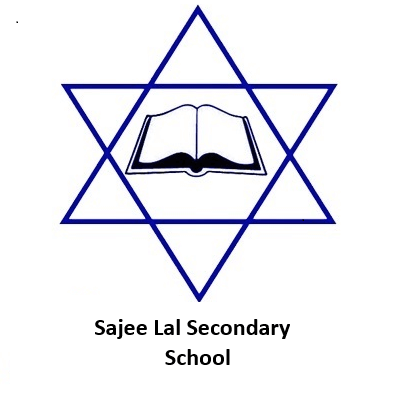Overview
Ten Plus Two (Class 11 and 12) Humanities at Urlabari Multiple Campus
If you’re a SEE graduate interested in literature, culture, history, psychology, or social issues, the Humanities stream may align with your academic interests and plans.
At Urlabari Multiple Campus (UMC), the Ten Plus Two (Class 11 and 12) Humanities program is a gateway to understanding human society, behavior, and development—backed by nationally recognized curriculum standards.
This program is affiliated with the National Examination Board (NEB), Nepal. It is structured to offer foundational academic and analytical skills to students pursuing careers in the arts, education, journalism, civil service, and development sectors.
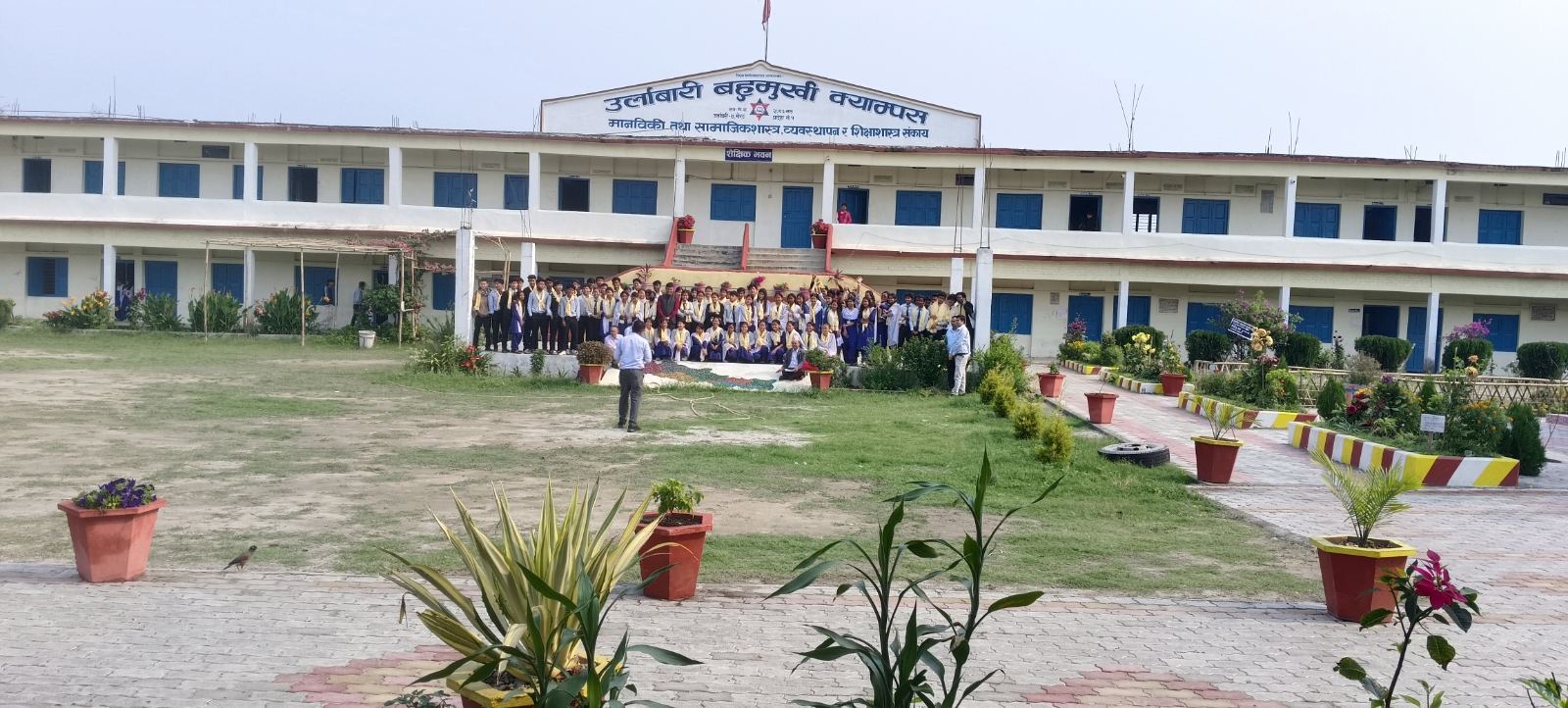
Highlights
-
NEB-accredited two-year program
-
Community-based campus with active student support
-
Located in Urlabari, Morang—near Mahendra Highway
-
Nearly four decades of educational contribution
-
Focus on inclusive and accessible learning
Curriculum Details
Here’s what you’ll study during the two years:
Compulsory Subjects
Class 11:
-
English
-
Nepali
-
Social Studies and Life Skills Education
Class 12:
-
English
-
Nepali
-
Social Studies and Life Skills Education
Elective Subjects (Choose as per availability and interest):
-
Mass Communication
-
Rural Development
-
Sociology
-
History
-
Culture
-
Home Science
-
Economics
-
Geography
-
Psychology
-
Mathematics
Students can select up to three elective subjects, based on the campus's available combinations and faculty resources.
Objectives
-
Provide students with a critical understanding of social, cultural, historical, and psychological issues.
-
Encourage analytical thinking, ethical reasoning, and communication skills
-
Lay a foundation for higher education in Humanities, Law, Social Work, Education, and more
-
Promote civic awareness, national identity, and global perspectives
Scope
Not sure where Humanities can take you?
This stream opens pathways to diverse academic fields such as:
-
Bachelor of Arts (BA)
-
Bachelor of Social Work (BSW)
-
Bachelor of Education (B.Ed.)
-
Law (BALLB)
-
Rural Development
-
Psychology, Journalism, or Mass Communication
Graduates often pursue careers in government offices, NGOs, media houses, schools, research, and community development.
Learning Outcomes
By the end of this course, students are expected to:
-
Understand key concepts in social science, culture, and communication
-
Analyze human behavior and societal trends
-
Improve public speaking, critical writing, and academic research skills
-
Engage in ethical decision-making and community initiatives
Skill Development Modules
The Humanities curriculum supports the growth of several soft and academic skills, such as:
-
Writing and reading comprehension
-
Research and report preparation
-
Group discussion and debates
-
Field studies and project-based assessments
-
Time management and organizational planning
Teaching Methodology
UMC uses a mix of traditional and participatory approaches to deliver this program. Teaching includes:
-
Classroom lectures
-
Group projects
-
Educational tours and community outreach
-
Internal assessments
-
Guest sessions from subject experts
-
Library-supported self-study
-
Research writing guidance for higher education readiness
Admission Requirements
To enroll in this program, students must:
-
Have passed the Secondary Education Examination (SEE) or equivalent
-
Submit academic transcripts and a character certificate
-
Complete the application process as outlined by the UMC administration
Details about admission deadlines and quotas can be found at the campus office.
Career Opportunities
After completing this course and further studies, students may work in:
-
Teaching and academic institutions
-
Media and journalism
-
Local governance and policy making
-
NGOs and development sectors
-
Civil services and administrative roles
-
Research and survey institutions
-
Tourism and cultural documentation
Scholarships and Financial Aid
UMC offers need-based and merit scholarships through:
-
SHEP HERP program
-
Scholarships from Urlabari Municipality (20 students per year)
-
Partial and full tuition waivers for qualifying families
-
Support for Dalit, Janajati, indigenous, marginalized, and minority groups
Why Choose This Course?
For students who value understanding people, societies, and human thought, the Humanities offers a thoughtful path. At UMC, students benefit from a community-focused environment, experienced faculty, and facilities such as an expanding e-library and computer lab—plus strong mentoring for both academic and personal growth.
The program is particularly suitable for individuals seeking to contribute to their communities, pursue a career in public service, or become socially aware professionals with meaningful roles in society.
Conclusion
The Ten Plus Two Humanities program at Urlabari Multiple Campus goes beyond textbook learning. It prepares students to think critically, communicate effectively, and understand the complex world they live in. For SEE graduates who want a meaningful academic journey with a social purpose, this course offers a strong and relevant foundation.


